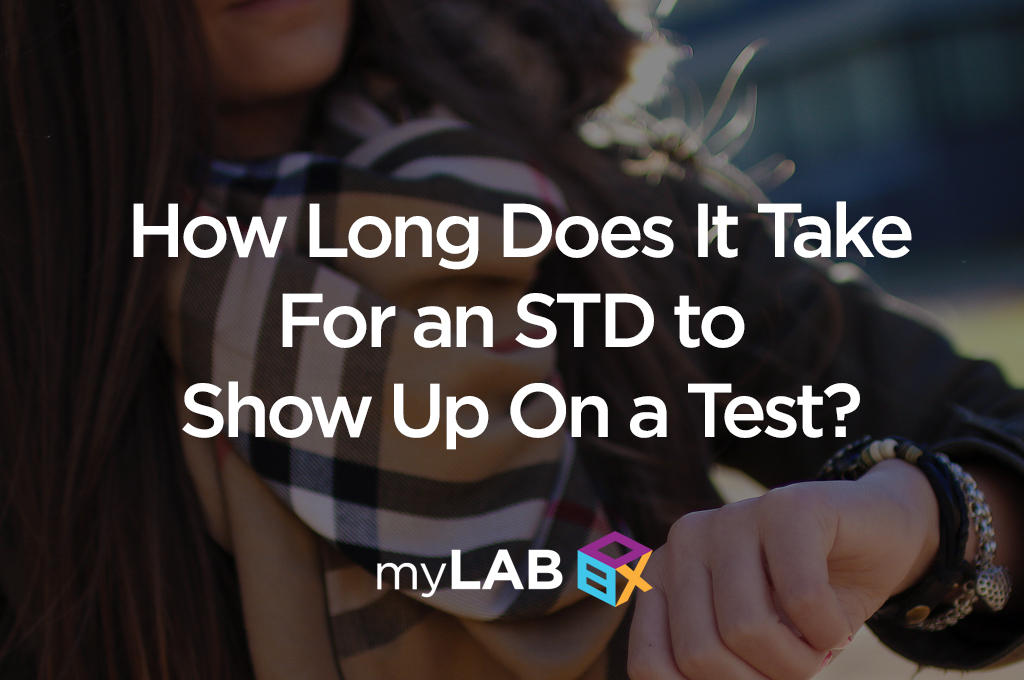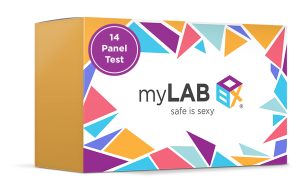How Long for STDs to Show On Test Results

Every sexually active adult should plan to test for STIs every 3-6 months as a general reference, but let’s break down the time frame for several of the most common infections. This guide will provide you with the knowledge necessary to take full control of your health. The more you know about these health risks, the more prepared you will be to deal with them. After all, many STIs are curable. And the ones that aren’t are quite manageable with proper treatment.Each individual sexually transmitted infection and disease is unique and has it’s own incubation period. As you might imagine, and according to std incubation period chart every infection has a different incubation period. This affects how quickly it can be spotted using an STD test. To make things even more confusing, this time frame can differ from person to person.ChlamydiaChlamydia takes as little as one day to incubate in your system and can be detected and treated within five days of infection. We recommend you retest yourself two weeks after you’ve completed your course of antibiotics to make sure you’re in the clear.Order Your Kit Now & Test AT Home!GonorrheaGonorrhea takes 2-6 days to incubate. Test after this period to ensure that the infection will be detected. Treatment is a simple course of antibiotics and you should retest yourself two weeks after finishing treatment, though the ultra-resistant strain of Super Gonorrhea is making that more difficult.[1]SyphilisAn undetected case of syphilis can become very dangerous. Over time, the side-effects can be irreversible and life-threatening.[2] With an incubation period of 3-6 weeks, syphilis highlights the importance of keeping track of your sexual activity so that you can narrow down which partner you may have contracted it from, and to whom you might have spread it. Retesting is recommended two weeks after treatment ends.Hepatitis AHepatitis A takes 2-7 weeks to incubate. There’s no cure for Hep A, so retesting isn’t necessary. Don’t freak out, though: the virus generally doesn’t cause any long-term problems, and symptoms – if any – are treatable.Hepatitis BHepatitis B incubates over the course of 3-6 weeks with symptoms usually showing up 3 months after infection. Like Hep A, there’s currently no cure for Hep B, so retesting isn’t necessary.Hepatitis CUnlike Hepatitis A and B, Hepatitis C is both curable and treatable. The incubation period for this curable and treatable infection is longer than many of the other infections discussed in this article. Hepatitis C will show up on results about eight to nine weeks after sexual activity.[3][4] If you test positive for this STI, you should test again three months after treatment.Genital HerpesThe incubation period for genital herpes is 4-6 weeks. Like the other infections on this list, this STI is very common. However, it is not curable. For that reason, retesting is not necessary. However, there are excellent treatment options that can severely diminish symptoms and outbreaks.HIV AntibodyYour body will produce antibodies to fight the infection of HIV. After infection, it takes about 1-3 months for your body to produce enough of these antibodies for a test to accurately detect them. Unfortunately, false positives can occur when testing for HIV, so we strongly recommend retesting after getting a positive result.HIV RNAThe genetic material that composes HIV is called ribonucleic acid (RNA). Labs can detect genetic material in the bloodstream 9-11 days after infection, so this test is considered more sensitive than the HIV antibody test. However, we highly recommend retesting after a positive result.Are You Sure? Testing, Re-testing and Staying SafeAs we mentioned earlier, the timeframes we’ve listed are based on national averages. For your safety and the safety of others, consider re-testing to confirm your status once and for all.
Early detection is the best protection. In the end, a single test will never be enough. For extra protection, we recommend sexually active adults screen every 3-6 months. Knowledge is power, so get to know the symptoms of these STDs and consider testing yourself at home.Order Your Kit Now & Test AT Home!For a chart of all incubation and retest times, see our STD Incubation and Testing Timeframes Guide.
If you’ve ever been sexually active, get yourself tested today!Reviewed by Luis Ferdinand M. Papa, MD, MHA
References
- [1] Super Gonorrhea (also known as multidrug resistant Gonorrhea) became resistant to fluoroquinolones in 2007 and is becoming increasingly difficult to treat with cephalosporins (along with azithromycin or doxycycline, cephalosporins are the CDC recommended treatment).
Bolan GA, Sparling PF, Wasserheit JN. The Emerging Threat of Untreatable Gonococcal Infection. New England Journal of Medicine. 2012.
- [2] Neurosyphilis symptoms can develop during any stage after infection and include dementia, delirium, stroke, spinal cord disease and seizures among other neuropsychiatric symptoms.
Timmermans M, Carr J. Neurosyphilis in the modern era. Journal of Neurology, Neurosurgery Psychiatry. 2004.
- [3] The average incubation time for Hepatitis C is 6 to 7 weeks (although it can vary from 2 weeks to 6 months).
Committee on Infectious Diseases. Hepatitis C Virus Infection. American Academy of Pediatrics 1998.
- [4] The average incubation time for Hepatitis C symptom onset is 6 to 7 weeks from exposure. The average time from exposure to seroconversion is 7 to 8 weeks.
Alter MJ, Margolis HS. Recommendations for prevention and control of hepatitis C virus (HCV) infection and HCV-related chronic disease. Morbidity and Mortality Weekly Report 1998.
Additional References:
- . Hepatitis C Virus Infection. American Academy of Pediatrics. 1998.
- . Infectivity tests in syphilis. British Journal of Venereal Disease. 1969.
- . Genital Herpes. New England Journal of Medicine. 2004.
5 Star Rating:
myLAB really takes the hassle and confusion out of STD testing. The packaging is very confidential and discreet, and I managed to get back results in days.
Cerise M. Extremely easy to use with confidential results
| ❖ Free physician consultation ❖ Mail-in kits for home use ❖ Test in just 5 minutes ❖ Lab results in 2-5 days ❖ 100% pain free ❖ Enjoy free shipping |
Popular Tests

Total Box
14 Panel STD Test
In Stock – Free Shipping
$369 – $399
